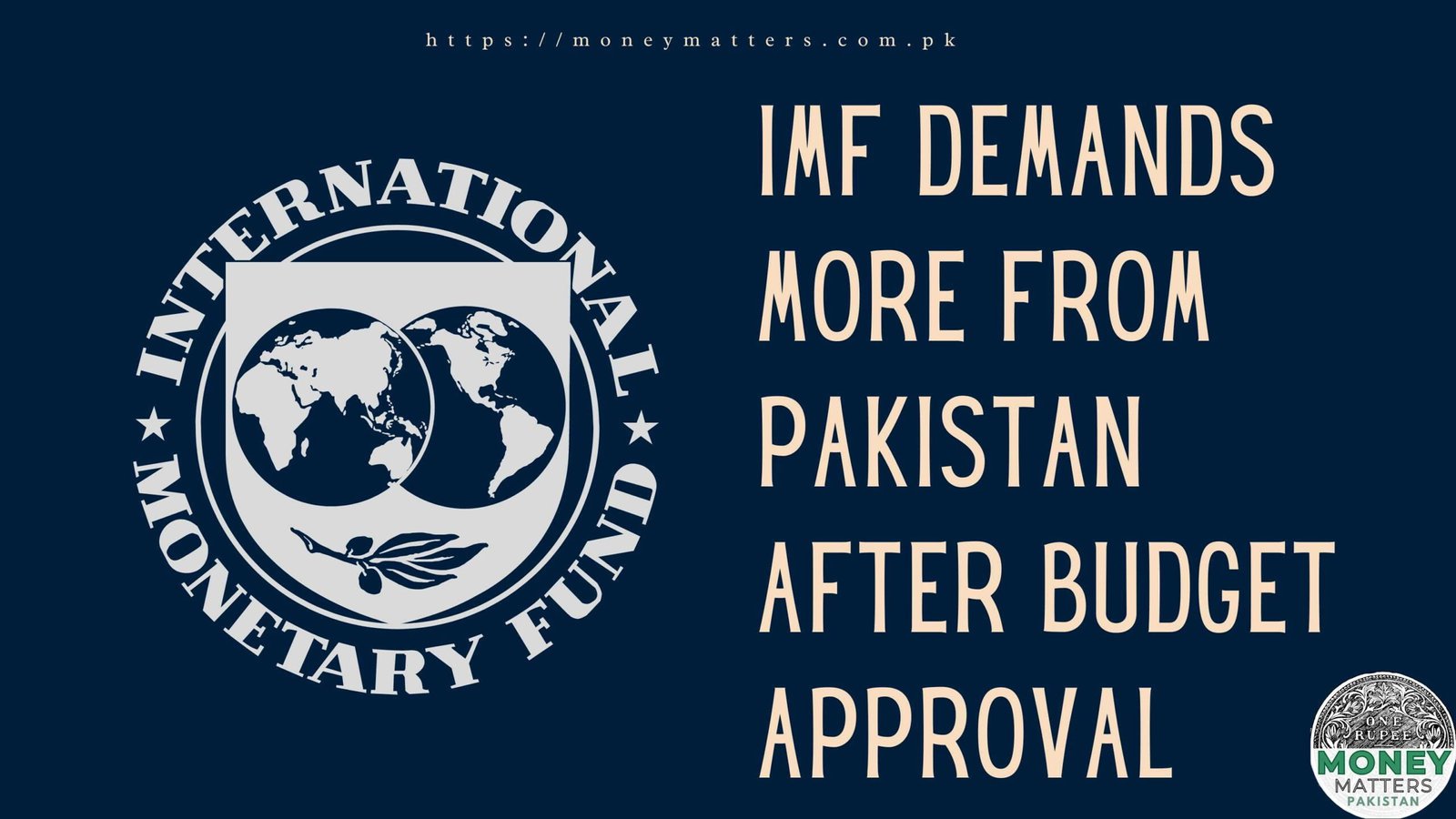Following the passage of Pakistan’s federal budget by the National Assembly, the International Monetary Fund (IMF) has renewed its call for additional actions from Pakistan. According to sources within the finance ministry, the IMF is pushing for an increase in electricity and gas prices to be implemented by July 10.
Sources disclosed that the IMF has urged the immediate implementation of decisions by the National Electric Power Regulatory Authority (Nepra) to raise electricity tariffs. Additionally, the IMF has recommended reducing gas subsidies during the upcoming fiscal year.
An upcoming visit by a high-level IMF delegation is scheduled for the second week of July, highlighting ongoing negotiations and policy discussions between Pakistan and the international financial institution.
Meanwhile, the IMF has acknowledged Pakistan’s efforts in making tough decisions reflected in the budget for 2024-25. This recognition comes amid Pakistan’s endeavors to navigate economic challenges and align fiscal policies with broader developmental objectives.
In response to the IMF’s directives, Pakistani officials are evaluating the potential impact of proposed adjustments in electricity and gas tariffs. Discussions are ongoing regarding the feasibility of aligning domestic energy pricing policies with IMF recommendations while considering implications for consumers and broader economic sectors.
The IMF’s advocacy for subsidy reductions and tariff adjustments reflects international expectations for Pakistan to strengthen fiscal management and enhance revenue generation capabilities. These measures are viewed as essential for reinforcing investor confidence and ensuring sustainable economic growth amidst global economic uncertainties.
Looking forward, Pakistan faces the challenge of balancing immediate fiscal imperatives with maintaining social welfare commitments and safeguarding economic inclusivity. Policy decisions in response to IMF directives will require careful consideration of socio-economic impacts and strategies to mitigate potential adverse effects on vulnerable segments of society.
The upcoming IMF delegation’s visit presents an opportunity for further dialogue and assessment of Pakistan’s progress in implementing economic reforms outlined in previous agreements. It underscores the importance of continued collaboration between Pakistan and international financial institutions in advancing shared objectives of economic stability and prosperity.
As Pakistan navigates critical junctures in its economic policy landscape, stakeholders stress the importance of transparency, accountability, and inclusive governance in shaping decisions that impact the lives and livelihoods of its citizens. Ongoing dialogue with the IMF and other global partners reflects Pakistan’s commitment to addressing economic challenges through constructive engagement and prudent fiscal management. In conclusion, the IMF’s recent directives underscore the evolving dynamics of Pakistan’s economic policy framework and the need for proactive measures to strengthen fiscal sustainability and promote inclusive growth.




